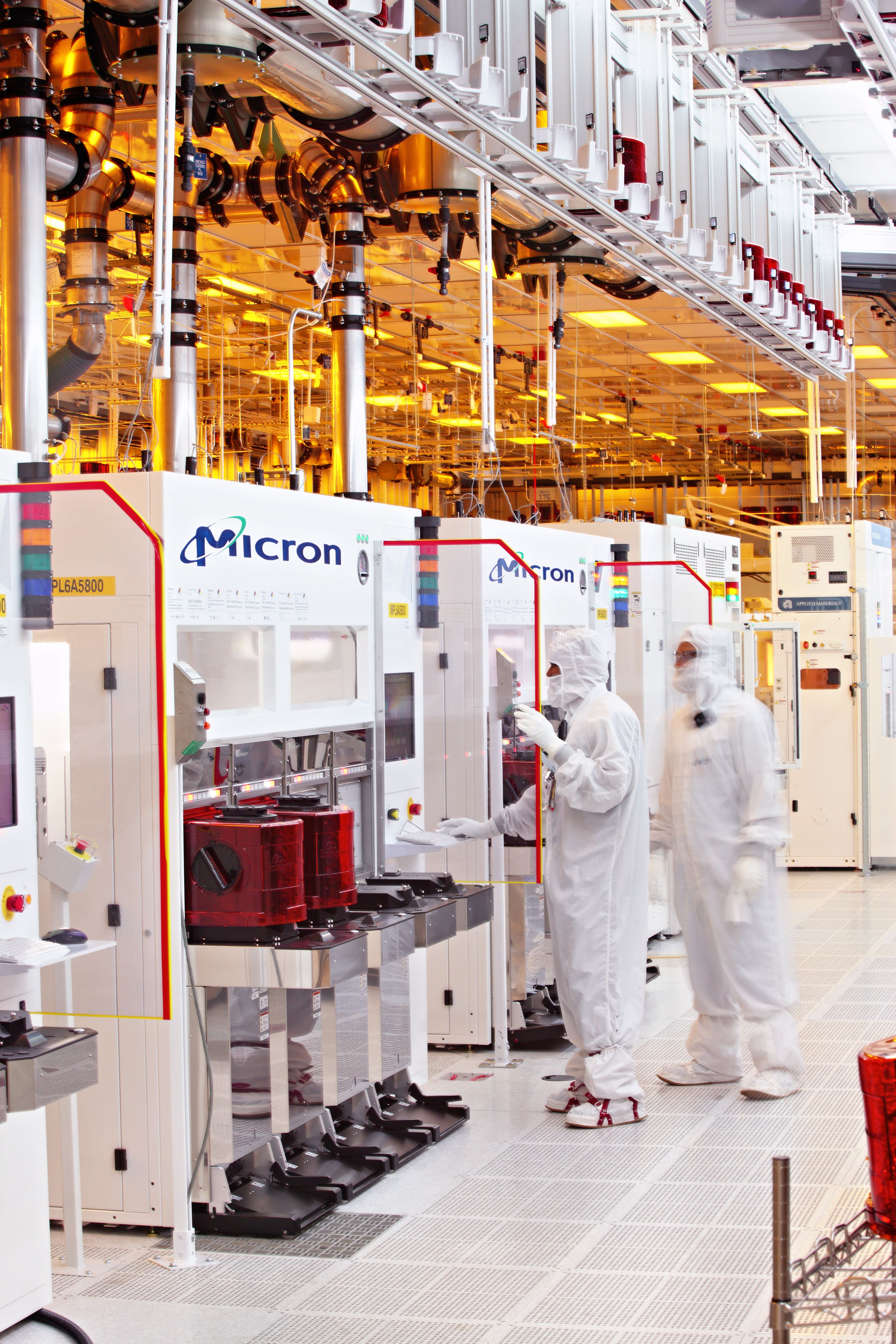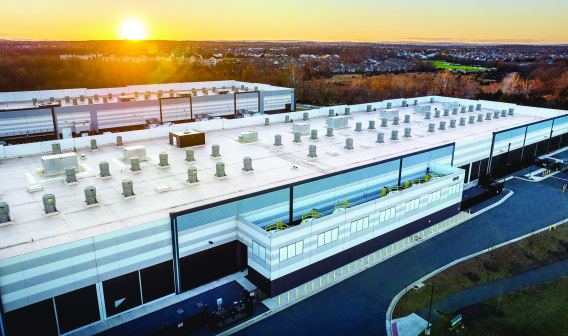VER: Is that something you see mainly or largely in the semiconductor industry, or is this happening across manufacturing in the U.S.?
Bhatia: It’s absolutely happening beyond just manufacturing industries. It’s happening across mining industries. It’s happening across transportation industries. And it’s most valuable in areas where there’s, number one, a lot of data generated in the process. Whenever you have lots and lots of capital investment, and then you have the ability to get data from the tools, optimizing that capital investment becomes incredibly valuable.
I see this smart manufacturing and Internet of Things trend across many different industrial verticals. It has probably had the most profound impact on manufacturing since the impact of robotics maybe 20-plus years ago. Everybody thinks about the impact that robotics had on labor content. But robotics really created more precision capability to improve the quality of production across almost every industry.
I see the smart manufacturing and the Internet of Things deployment having a very similar impact on, first, being able to improve the quality of everything we do. Second, being able to improve productivity, but then eventually actually enabling us to develop and invent new process technologies that continue to enable more product functionality. With these new smart manufacturing techniques, we can deploy even more complex semiconductor architectures and technologies and make products out of them. And that’s just going to benefit consumers, businesses, all the way down, all over the downstream markets.
VER: What do you think Virginia and other states and regions can do to better position themselves to retain and attract manufacturing investment in the future?
Bhatia: There are a number of things. I think the Commonwealth has done a great job in many of them, really in all of them. Number one is creating a healthy, business-friendly environment, and there are a number of different elements to that. But certainly, having a group like VEDP and good support at local levels as well as the Commonwealth level. It gives us confidence that the policies we come to rely on are going to be there for us as we make 10-, 15-, 20-year investments. It starts with that partnership and us having the confidence to be able to invest for the long term, knowing that things aren’t going to swing back and forth administration to administration, or that there’s not going to be conflicts between the local and state levels when it comes to policy or support.
That’s definitely the starting point. And then, as we think about some of the technologies we need to deploy, whether it’s in our core manufacturing technology or these enhanced smart techniques, what’s really important is that we have a highly skilled, highly educated workforce to tap into. That starts, to a large degree, with investment at the university level in both research and development on manufacturing process technology or material science technology or electrical engineering and signaling technology. All of those areas are critical to invest in. And then as you go down a level, making sure there are investments in vocational training to have really top-notch technician-level talent as well so we can operate these factories, whether it’s the facilities we run or the equipment itself.
Third would be that we are able to see a really good ecosystem of attracting other companies into the area who could become our customers. In our case of technology, having multiple technology companies clustered into one area just helps to stamp the area as attracting similar talent into that region. It gives us access to tap into that talent.
VER: As you think about those various points, how well do you think Virginia is currently positioned for additional manufacturing investment going forward?
Bhatia: I think we’re very, very happy with the support we’ve received in Virginia, and definitely very well-positioned. The great thing is that Virginia’s got elements of both a tech cluster in software and hardware that’s very attractive to some industries, as well as long-term roots in several different types of industries which have grown up there over the last few decades. The blend of those two together makes it more attractive for people to want to work and live in Virginia.
I think Virginia has actually done a really, really nice job of being thoughtful about which industries it wants to have and how to leverage its heritage for future growth.





